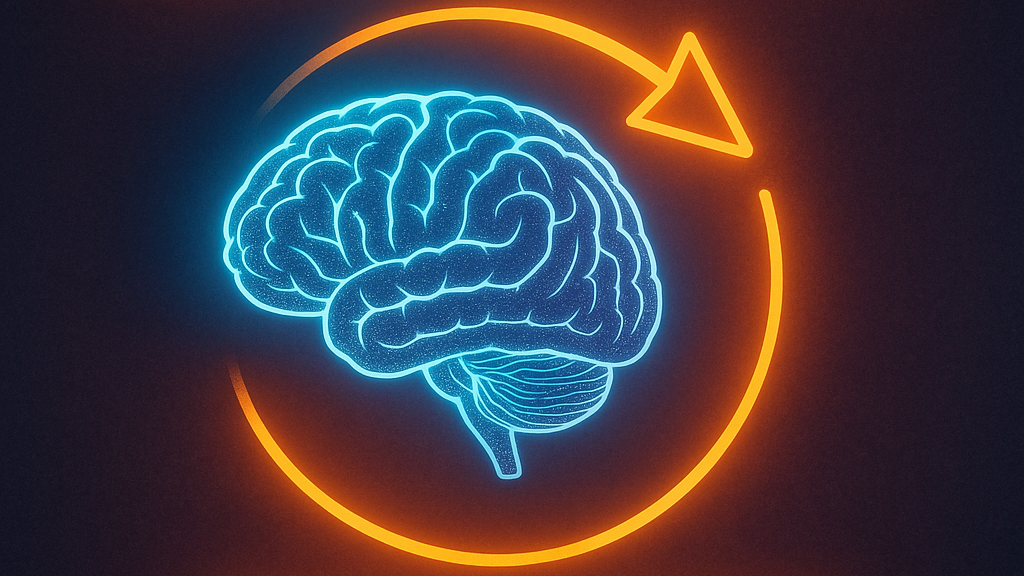Instead of understanding the psychology of marketing, most marketers and advertisers obsess over tactics — keywords, platforms, algorithms, AI tools, etc.
But the truth is, none of that matters if you don’t understand why people make decisions in the first place.
Marketing isn’t math. It’s emotion dressed up as logic.
Behind every ad impression, click, form fill, or sale is the same primal brain wiring that’s been driving human behavior for thousands of years.
These seven psychological principles shape nearly every buying decision. Here's how smart businesses are using them today to win.
1. Emotion Beats Logic Every Time
People think they’re rational. We’re not.
We make emotional decisions and justify them with logic afterward.
That’s why a powerful story always outperforms a perfectly written product description.
That’s why “peace of mind” sells insurance better than policy jargon ever will.
And that’s why the brands that feel right always beat the ones that just “make sense.”
When your message taps into emotion — pride, safety, confidence, belonging — logic falls in line right behind it.
2. We Don’t Buy Products, We Buy Identity
Unwittingly, people use brands as mirrors.
We buy what reinforces who we think we are, or someone we want to become.
Nike doesn’t sell shoes. It sells the belief that you’re an athlete.
Starbucks doesn’t sell coffee. It sells a lifestyle.
And a local business doesn’t just sell services. It sells the satisfaction of “supporting local,” the feeling of belonging to the community.
When your marketing speaks to identity, it creates loyalty that outlives taglines and price tags.
3. Loss Aversion: The Fear Of Missing Out
Humans hate losing more than they enjoy winning.
That’s why words like limited, expires soon, and last chance still work.
It’s not just copywriting. It’s neuroscience. It's FOMO - Fear Of Missing Out.

Scarcity and urgency push people past hesitation because they trigger survival instincts.
It must be used truthfully and sparingly, however. When scarcity feels manipulative, trust collapses.
The goal isn’t to trick people into acting. The goal is to give them a clear reason to act now.
4. Trust Is the Ultimate Shortcut
Trust shortens the sales cycle.
When people trust you, they stop comparing prices. They stop hesitating. They act.
That’s why context matters. Ads on respected digital magazines inherit their built-in credibility.
Your brand isn’t fighting for attention — it’s borrowing authority from a trusted source.
Trust is the force multiplier for every other marketing principle. Without it, nothing else sticks.
5. Social Proof Still Rules
People don’t want to make decisions. Instead, we want validation.
That’s why reviews, testimonials, and success stories still outperform every ad type ever invented.
In psychology and marketing circles, it’s called social proof.
We assume what others choose must be safe, smart, or right.
Ergo, it must be safe, smart or right for us too.
When credible voices echo your message — real customers, local trusted publications, recognizable brands — the easier it is for prospects to follow suit.
6. Curiosity and Closure
Humans are wired for stories with endings. We crave resolution.
In neuro-linguistic programming terms, it's called opening loops — asking questions that beg to be answered, tension that needs to be resolved.

“Here’s what most local businesses get wrong about SEO…”
“Why 8 out of 10 homeowners regret their first solar installer…”
Your brain can’t resist closing the loop, and that’s how great marketing earns clicks without begging for them.
Curiosity gets the attention. Closure gets the conversion.
7. Consistency Builds Comfort
Repetition doesn’t annoy people, but inconsistency does.
When your tone, message, and visuals stay consistent across every platform, your audience learns to recognize and trust you.
That continuity creates what marketers call scent — the visual and emotional trail that tells a visitor they’re still on the right path.
If your ad promises one thing, but your landing page delivers something else, the prospect feels lost, the trust evaporates, and conversions drop.
The goal isn’t just consistency. It’s coherence.
Every touchpoint should feel like part of the same story. When your scent is strong, your brand feels alive, authentic and unmistakably yours.
The Competitive Edge
It's a given that technology will keep changing.
But psychology doesn’t.
Advertisers that understand why people buy will always outperform those chasing some new shiny tool or trend.
Sure, AI can help you scale your marketing.
Sure, automation can help you manage it.
But psychology is what makes it connect with people.
When you master the human side of persuasion — emotion, trust, story, and belonging — you’ll never have to worry about the next algorithm or app change again.
Because the marketer, ad agency or business owner who understands their audience best wins.

 Add Row
Add Row  Add
Add 




Write A Comment